
Community-Wide Security Program Update
By Neil Rabinovitz, Community Security Director
As we approach the 2021 Department of Homeland Security Non-Profit Security Grant (NSGP) cycle, Federation’s Community-Wide Security Program has been busy assisting and supporting our community organizations with their grant applications. The NSGP program supports physical security enhancements and other security-related activities for nonprofit organizations that are at a high risk of a terrorist attack. This year, the total amount of funding available for the NSGP program has doubled from $90 million in 2020 to $180 million, with each applicant permitted to apply for up to $150,000 per site which is great news for our community. The 2021 NSGP application period is open now and grant awards will be announced in September.
In previous years, NSGP awards to our synagogues, Jewish day schools, and other organizations have made it possible for them to install security enhancements such as security cameras, vehicle access gates, duress alarms and other target hardening security measures.
In an effort to assist the community to better understand the application process, Community-Wide Security Program convened an NSGP workshop for all our organizations in early January. We also included representatives from Georgia Emergency Management and Homeland Security Agency at the workshop. This gave the participating organizations the chance to have their questions answered by the same people who will be reviewing their applications.
Prior to applying for a grant, organizations are required to complete a Threat Vulnerability & Risk Assessment. As a Federation-provided resource to the community, the Community-Wide Security Program has been conducting these comprehensive physical security assessments at no cost to our organizations. The assessments can be completed at any time during the year and provide each organization with an individualized, prioritized long-term security improvement plan.
Through Federation’s partnership with the Secure Community Network (SCN), the Community-Wide Security Program has also made available to all our organizations a series of webinars detailing best practice guidance and recommendations for completing the NSGP application.
The Community-Wide Security Program also remains hard at work on other priorities as well. In spite of the pandemic, we have continued to provide valuable training to the community. Since the fall, we have conducted nine Countering Active Threat training classes and have trained nearly 200 members of the community. It is our goal to train as many members of the community as possible in this potentially life-saving training.
Additionally, thanks to a generous donor to the Security Program, we are able to provide to every organization five life-saving Stop-the-Bleed kits at no cost to the organization. To date, we have distributed over 100 kits. The kits will continue to be distributed to all organizations over the coming months.
Looking forward, as vaccines become increasingly available, and organizations work to assess security needs in their physical spaces as they reopen, SCN will release a new, updated version of the previously released Overview of Considerations for Resumption of Operations and Organizational Reopening. This will be an easy-to-use guide that provides the main questions and considerations that organizations and facilities should take into account when considering reopening.
To schedule a free security assessment, Countering Active Threat training, or to discuss the other training courses available to your organization, please contact Community Security Director Neil Rabinovitz.
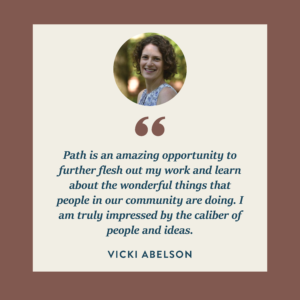
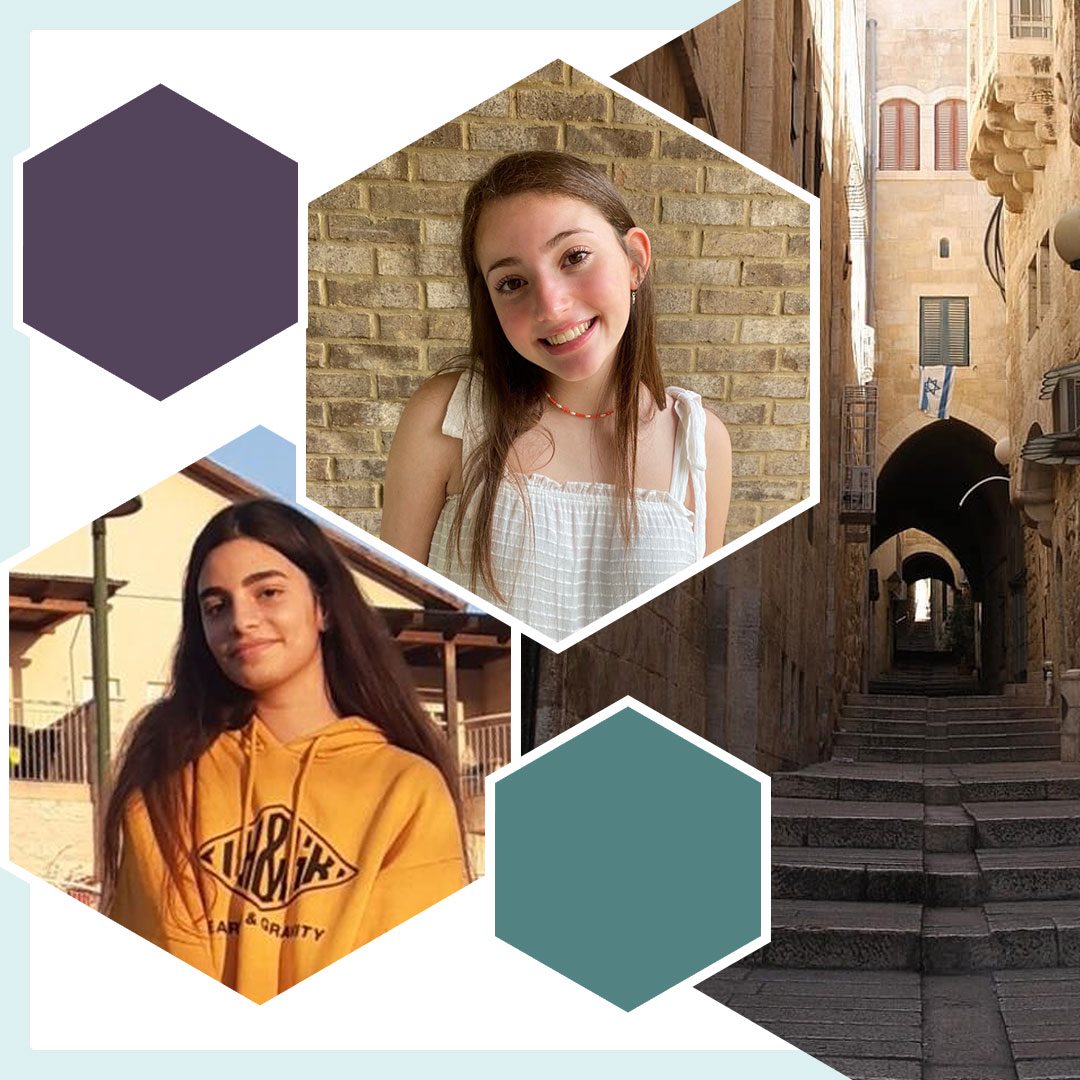
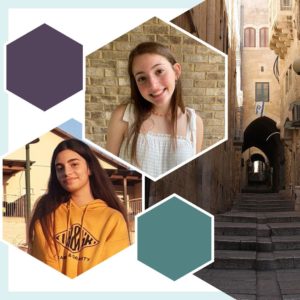 JumpSpark’s
JumpSpark’s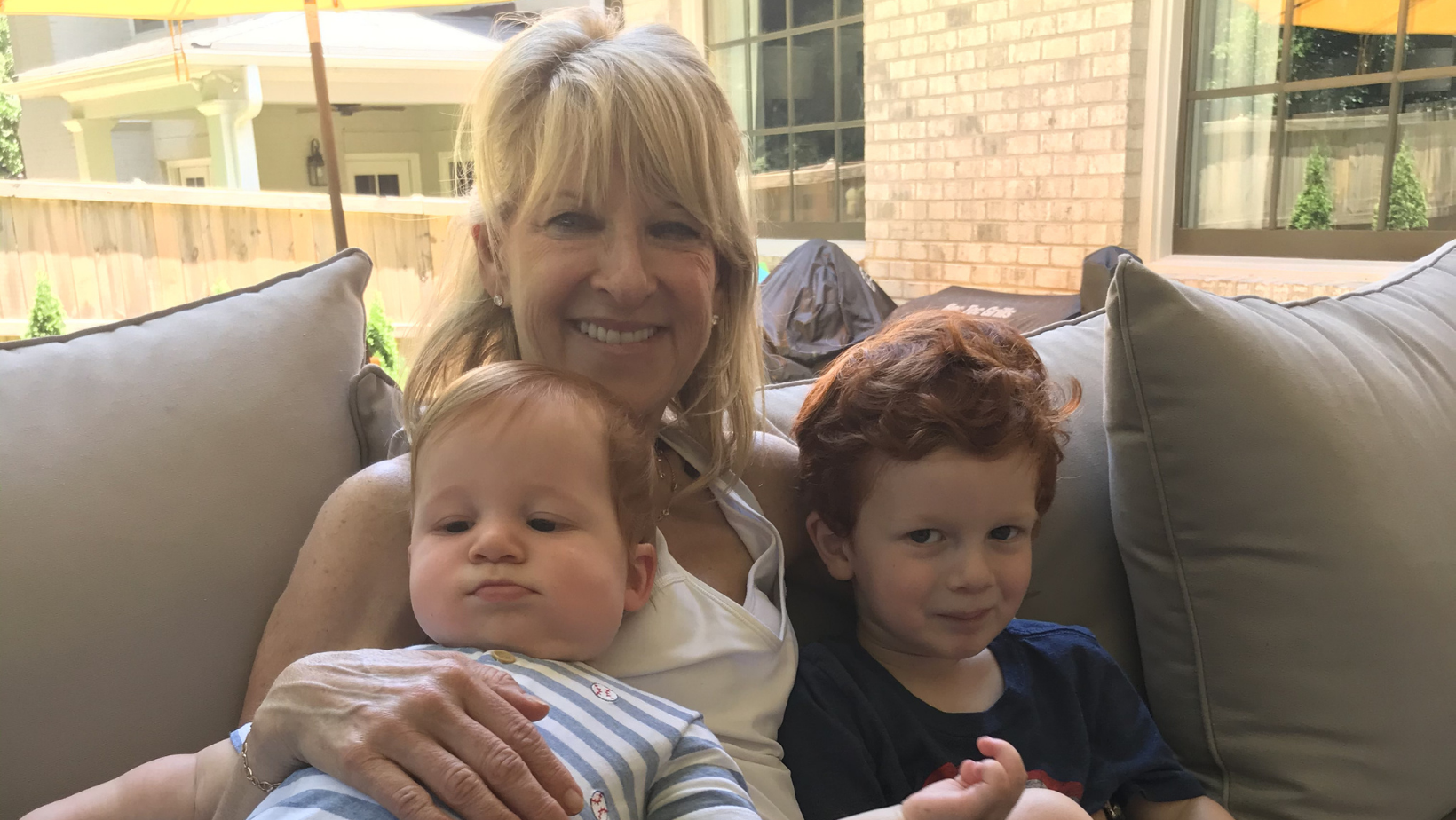
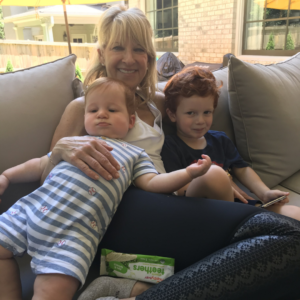 by Lynn Sapertstein
by Lynn Sapertstein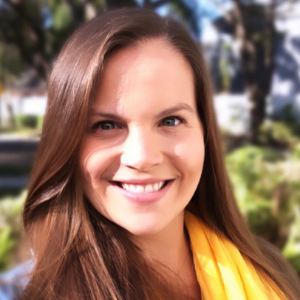
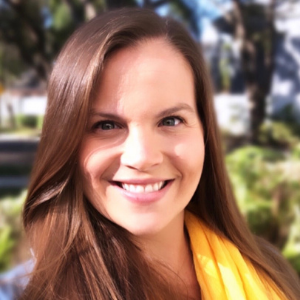
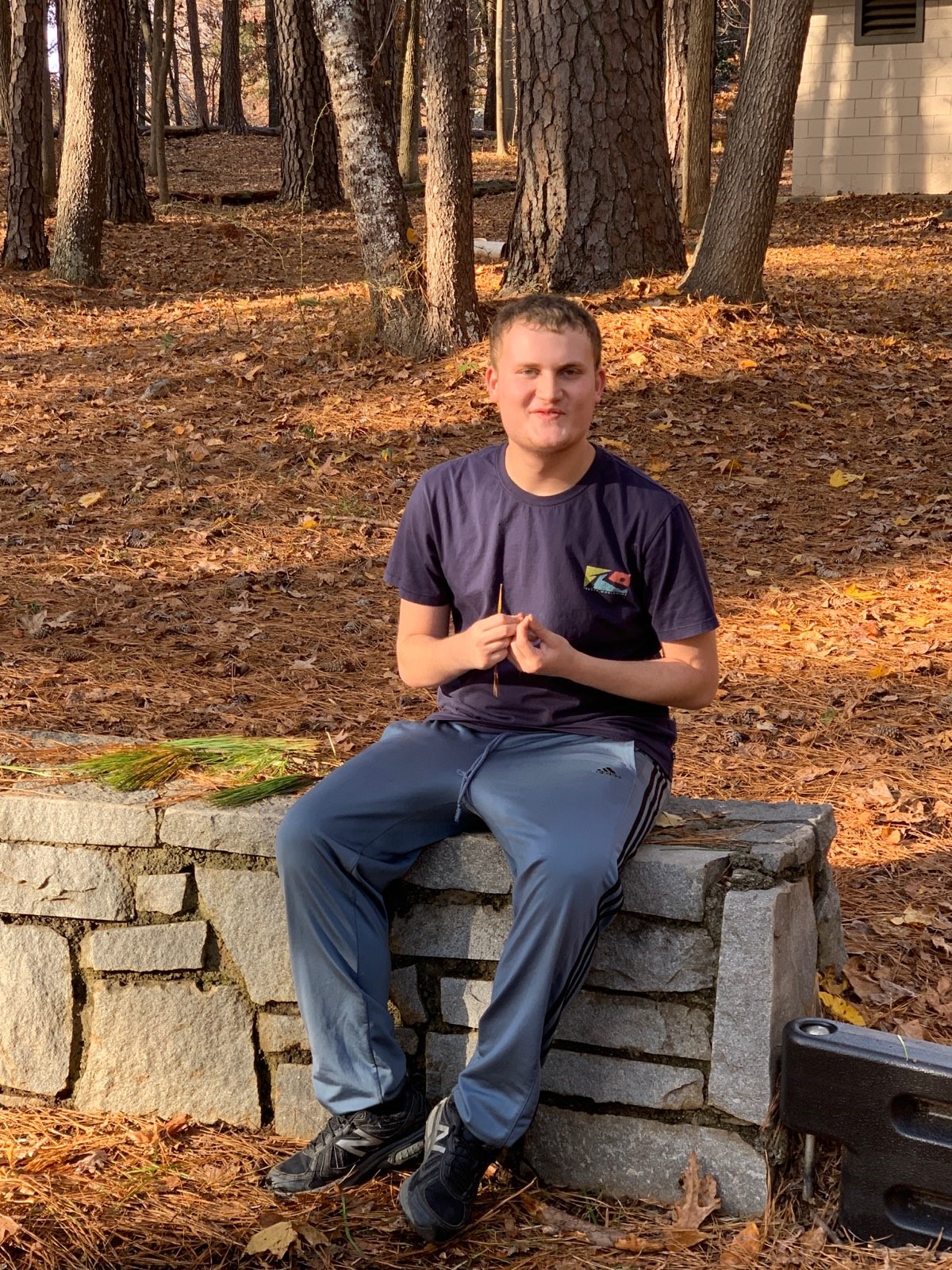
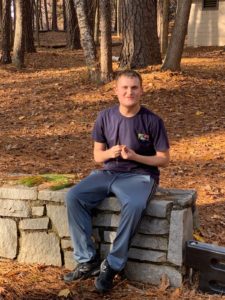 Jared Jay is a nonverbal young man with autism, but his message is loud and clear when he uses his letter board. We asked Jared to share his thoughts for our Atlanta community during Jewish Disability, Awareness, Acceptance & Inclusion month (JDAIM).
Jared Jay is a nonverbal young man with autism, but his message is loud and clear when he uses his letter board. We asked Jared to share his thoughts for our Atlanta community during Jewish Disability, Awareness, Acceptance & Inclusion month (JDAIM).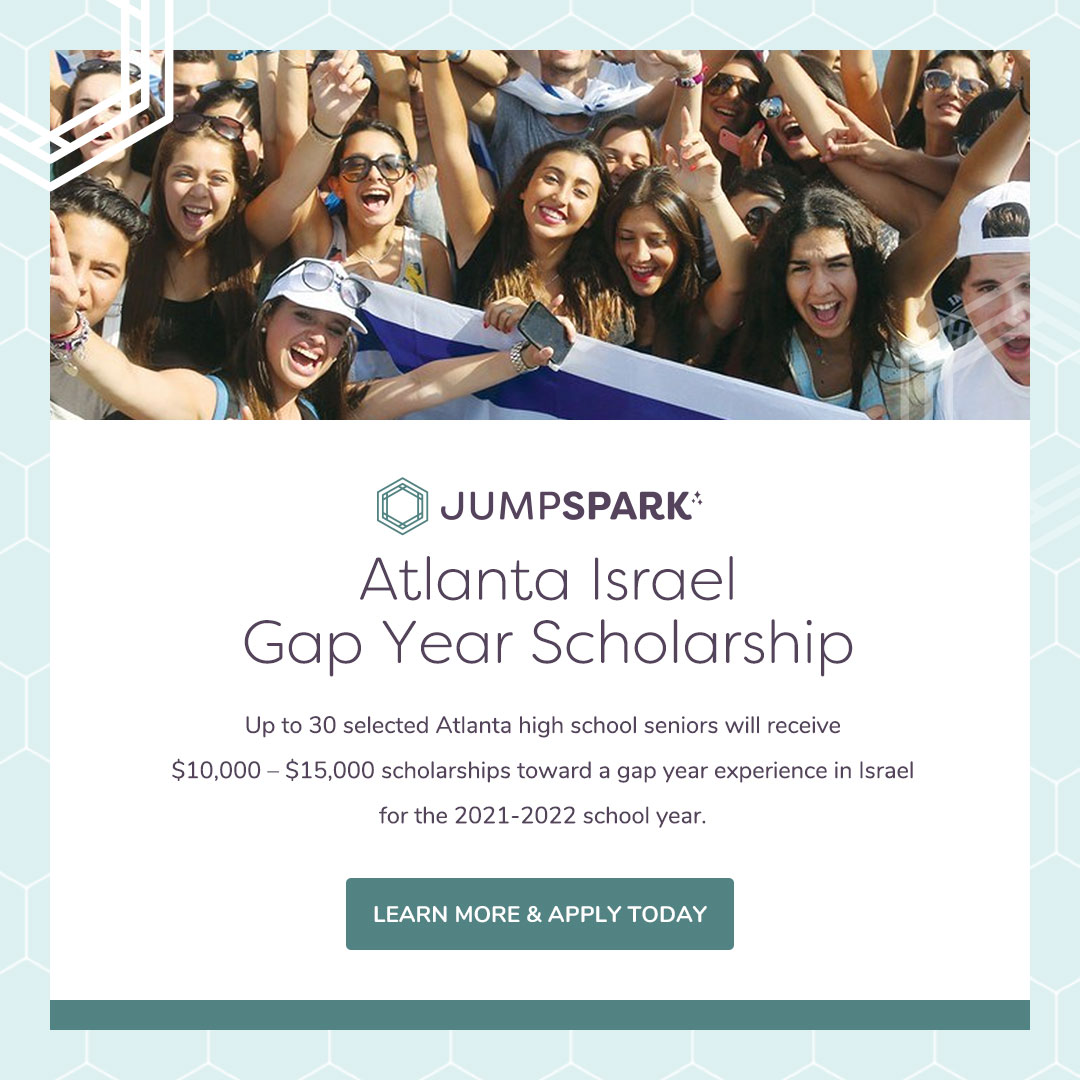
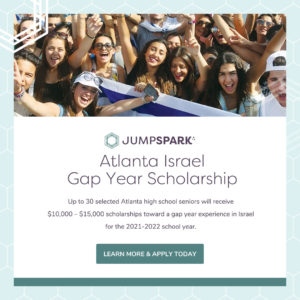

 November 7-13, 2021 | Israel
November 7-13, 2021 | Israel
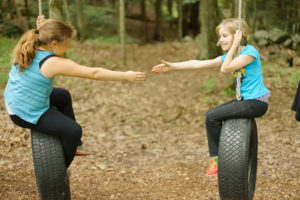 Jewish Camps Ready to Support Camper Mental Health
Jewish Camps Ready to Support Camper Mental Health
 Did you know that Federation champions Jewish community needs in the Georgia State Legislature? Working with our partners, we coordinate the community’s government relations and lobbying activities. Rusty Paul, our legislative advocate, helps advance our agenda in the legislature. Federation also monitors Jewish Federations of North America’s (JFNA) public policy efforts and participates in multiple forums at the Federal level including representation on the Jewish Federations of North America’s (JFNA) Disability and Health and Long-term Care Committees, as well as participation in Jewish Ability Advocacy Day in Washington DC.
Did you know that Federation champions Jewish community needs in the Georgia State Legislature? Working with our partners, we coordinate the community’s government relations and lobbying activities. Rusty Paul, our legislative advocate, helps advance our agenda in the legislature. Federation also monitors Jewish Federations of North America’s (JFNA) public policy efforts and participates in multiple forums at the Federal level including representation on the Jewish Federations of North America’s (JFNA) Disability and Health and Long-term Care Committees, as well as participation in Jewish Ability Advocacy Day in Washington DC.

